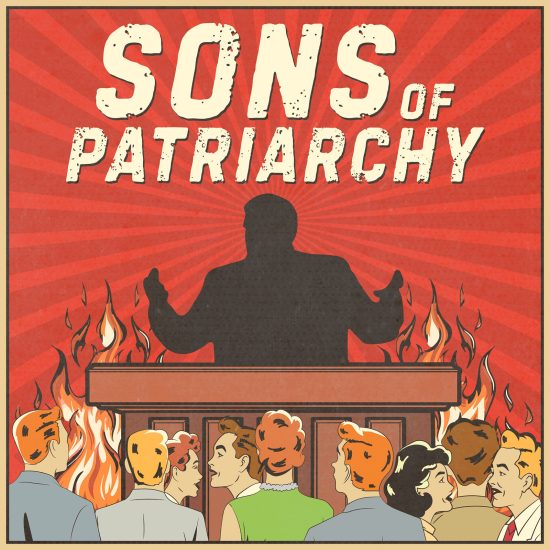
In a time of a national census and a deadly epidemic, a ruler who cares more about himself than the people can be dangerous. At least that’s the lesson in the biblical texts from the end of King David’s rule (see 2 Samuel 24 and 1 Chronicles 21).

Brian Kaylor
As David approached the end of his life, he ordered a census and draft taken of the available fighting men in the nation. We are not told the motivation, but perhaps he merely wanted to feel powerful as his own body weakened. Perhaps he thought he could feel great again by knowing just how many fighting warriors he controlled. There does not seem to be a practical reason, because his military commander argued against the count.
“May the Lord your God multiply the troops a hundred times over, and may the eyes of my lord the king see it,” Joab said to David, clearly flattering the king before daring to question a royal plan. “But why does my lord the king want to do such a thing?”
The military’s census counters returned from the mission after finding 1.3 million “able-bodied men who could handle a sword.” We are not told if the number fulfilled David’s anticipation. Yet, like someone awakening from a one-night stand, David immediately felt “conscience-stricken.” Apparently drafting a large army did not feel as good as he expected.
A prophet, Gad, informed David he could choose one of three punishments for ordering the census. One was a three-year-long famine and another was a three-day-long plague. Both likely would lead to lots of death, the latter just gets it over more quickly. Gad also offered a more personal punishment of David’s enemies chasing him for three months. David, an experienced man on the lam, had already spent much more time than that running from King Saul and then his own son, Absalom. The selfish monarch, however, did not choose to atone for his error by selecting three months of personal inconvenience that likely would result in few or even no deaths.

Photo by chuttersnap on Unsplash
Rather, the impatient monarch chose the three-day plaque to get the punishment over (the famine, after all, may have outlived him and therefore tarnished celebrations of him at the time of his death). The end result? The plague killed 70,000 people (but apparently not a single member of the royal family). We are not told how many of the buried bodies came from David’s newly-enlisted “able-bodied” soldiers.
Had David familiarized himself better with the books of law, he might have avoided the plague. Exodus 30 offers instructions on how to take a census. Each person must give a half shekel (about 1/5 of an ounce) as a way of acknowledging God’s lordship over their lives. This “atonement money” must be given “for the service of the tent of meeting” as “a memorial for the Israelites before the Lord, making atonement for your lives.”
In essence, being counted should remind one of one’s Lord, the true King who can count the people as numerous as the stars in the sky. If the people give the offering, Moses noted, “no plague will come on them when you number them.”
So, what can we learn as we will soon find ourselves counted in the 2020 U.S. Census? And what can we learn while we watch news of something like a modern-day plague — a global pandemic that’s already infected more than 120,000 people and killed more than 4,000?
We need moral leadership that puts people ahead of power.
What does that look like?
First, conducting a census process that says everyone counts.
Not like David’s that only looked for able-bodied men. Not like the early U.S. censuses that counted African Americans as only three-fifths of a person. Not like those same censuses that didn’t count Native Americans at all.
And not like efforts earlier in this year’s census process that wrongly attempted to raise citizenship tests on the count, which judges rightly dismissed.
Everyone counts to God, and we must not overlook any of our neighbors we are called to love.
Second, we need governmental leaders — mayors, governors, and officials in Washington, D.C. — who put the health of our communities ahead of their own political desires.
This means telling the truth about the situation even if it doesn’t look good. It means doing everything they can to save lives. And it means caring about those lives more than elections, stock prices, or TV ratings.
When the leadership of our body politic catches a moral virus like David did, it threatens the lives of us all.
So, let’s all stand up and be counted, hold our leaders accountable, and work to protect the vulnerable in our communities. And — oh yeah — wash our hands for a long time while saying the Lord’s Prayer.
Brian Kaylor is editor & president of Word&Way.






